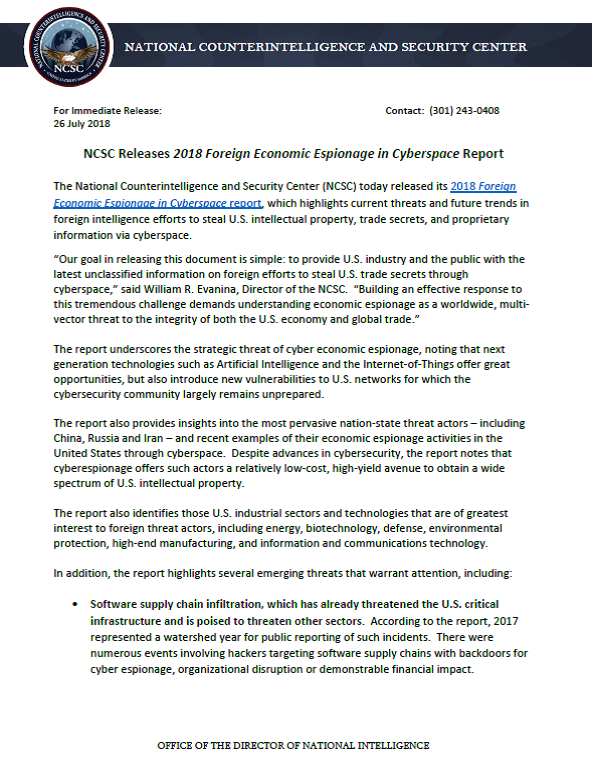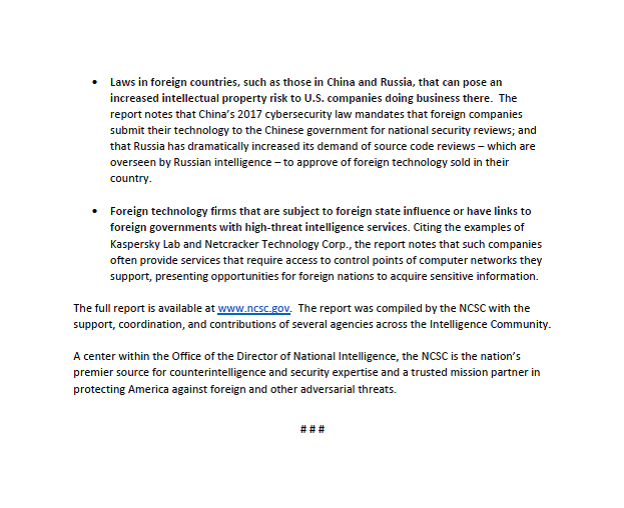Primer:
Ankara for years has been providing support to Hamas, Iran, ISIS, al Queda and Libya jihadists, yet it’s this incredibly stupid decision to hold an American hostage that has ultimately earned Turkey its first US sanctions.

U.S. Prepares List of Turkey Economic Sanctions Targets
The U.S. has prepared a list of Turkish entities and individuals to target should it decide to impose sanctions on Recep Tayyip Erdogan’s government for imprisoning U.S. citizens and employees of its diplomatic mission, according to two people with knowledge of the matter.
The lira slid.
While negotiations to release one of the people, evangelical Pastor Andrew Brunson, are ongoing, the preparation of the so-called “designation packages” shows how close the U.S. has come to imposing unprecedented penalties against a NATO ally. The sanctions are modeled on those against the Russian government and oligarchs close to President Vladimir Putin, the people said, asking not to be named because of the sensitivity of the issue.
The U.S. has extended deadlines this week to release Brunson or face sanctions, according to Turkish and U.S. officials familiar with the talks. The people and entities determined in the designation packages would need to be approved by the Treasury secretary and secretary of state.
The sanctions are being prepared under the Global Magnitsky Act of 2016, which allows the U.S. government to target individuals, companies or other entities involved in corruption or human-rights abuses anywhere in the world. Sanctions under the act allow for the seizure of assets in the U.S., travel bans and prohibitions on doing business with U.S. entities.
Lira Plunges
Turkey’s lira plunged to a record low of 4.9985 after Bloomberg News reported the possible sanctions, extending its decline to 4.5 percent since July 26, when Vice President Mike Pence threatened sanctions over the Brunson case. Yields on Turkey’s 10-year debt hit a record 18.86 percent on Tuesday. The Borsa Istanbul 100 index has lost 36 percent in dollar-adjusted terms this year, the second-worst performance in the world after Venezuela.
A U.S. Treasury spokesman didn’t immediately reply to an emailed request for comment.
The scope of the sanctions highlights the disconnect between Washington and Ankara as they try to negotiate a way out of the deadlock, with Turkish officials still apparently believing the Trump administration is bluffing.
Bankers who have met with Turkish officials say the sanctions threats are not being taken seriously in Ankara, even as they risk cutting off financing to an economy dependent on imported capital. For their part, U.S. officials’ patience with Turkey’s negotiating tactics is wearing thin.
‘Hostages’
Within the State Department, Brunson and other prisoners including NASA scientist Serkan Golge and three Turkish employees of the U.S. mission to Turkey are referred to as “hostages.” The U.S. says they’re innocent and being held by Turkey for the sole purpose of extracting concessions on other points of tension in the U.S.-relationship.
The two countries have quarreled over a panoply of foreign policy issues that have driven the onetime allies to outright hostility. Foremost among them are differences over policy in Syria and Iran, Turkish suspicions about the U.S. response to a 2016 coup attempt against Erdogan, and the Turkish leadership’s budding friendship with Putin.
The Magnitsky sanctions under consideration could be just the start of what would look like a U.S. assault on Turkey’s vulnerable economy. The U.S. is also considering a hefty fine on state-run lender Turkiye Halk Bankasi AS for its role in evading U.S. sanctions targeting Iran’s nuclear program, and it would impose sanctions on Turkey when it receives delivery of a missile defense system from Russia, expected in 2019.
Deal Fails
As of last week, the Americans thought they had a deal that would bring Brunson home, according to accounts by officials on both sides of the matter. In return for the release of evangelical pastor, who’s been imprisoned for almost two years on charges including involvement in the failed coup, the U.S. administration would recommend a lenient fine on Halkbank. The U.S. also offered to send Mehmet Hakan Atilla, a former executive at the bank who’s been jailed in the U.S., back to Turkey to serve out the rest of his term.
As a final sweetener to the Turks, U.S. President Donald Trump said he’d get Israeli Prime Minister Benjamin Netanyahu to release a Turkish citizen, Ebru Ozkan, who’d been arrested in Israel on accusations of abetting Hamas. Netanyahu did it, and Ozkan was sent back to Turkey on July 16.
The Americans waited for Erdogan to deliver on his side of the deal: Brunson was to be released and then deported at a hearing on July 18. Instead, Turkey changed the conditions of the agreement at the last minute, with Foreign Minister Mevlut Cavusoglu interjecting to demand that any probe of Halkbank be dropped, according to Turkish and U.S. officials. The deal fell apart and Brunson was moved to house arrest.
The Americans had been carrying out the negotiations through a backchannel with a person close to Erdogan, according to people familiar with the matter. But they have had a difficult time gauging whether or not the Turkish side fully comprehends the possible consequences of U.S. sanctions on Turkey’s economy.
That’s made it harder for the U.S. to take decisive action as the U.S. is reluctant to take action that could risk tanking the economy of a nominally allied country, or bringing down its banking system. Turkish companies and banks depend on foreign capital to plug one of the world’s largest current-account deficits, which requires about $200 million a day in foreign financing.
Ironically, the damage that U.S. action could do to Turkey makes it more hesitant to act and strengthens Turkey’s negotiating position, according to Asli Aydintasbas, an Istanbul-based senior policy fellow at the European Council on Foreign Relations.
“I have seen this over and over in this relationship going back two decades, on a much smaller scale,” Aydintasbas said. “The price of actually doing something is so big that Turkey has a psychological advantage. It’s as if they have more power, whereas it’s the other way around.”


.jpeg)




